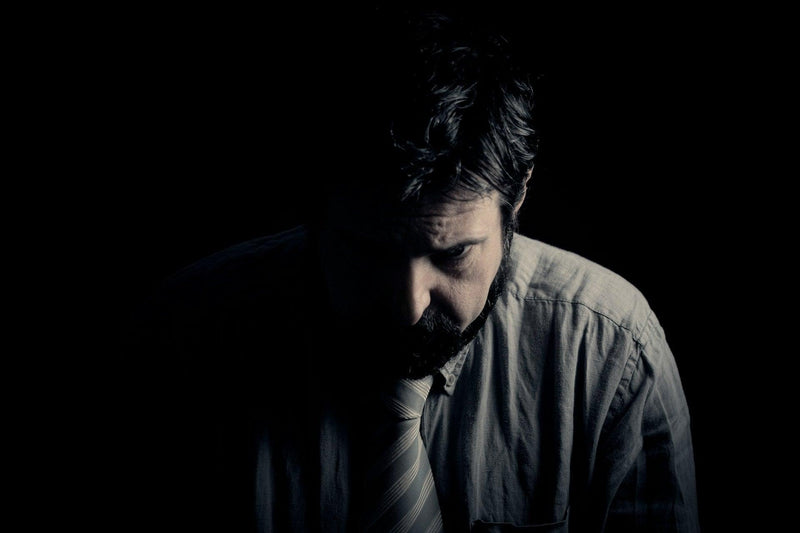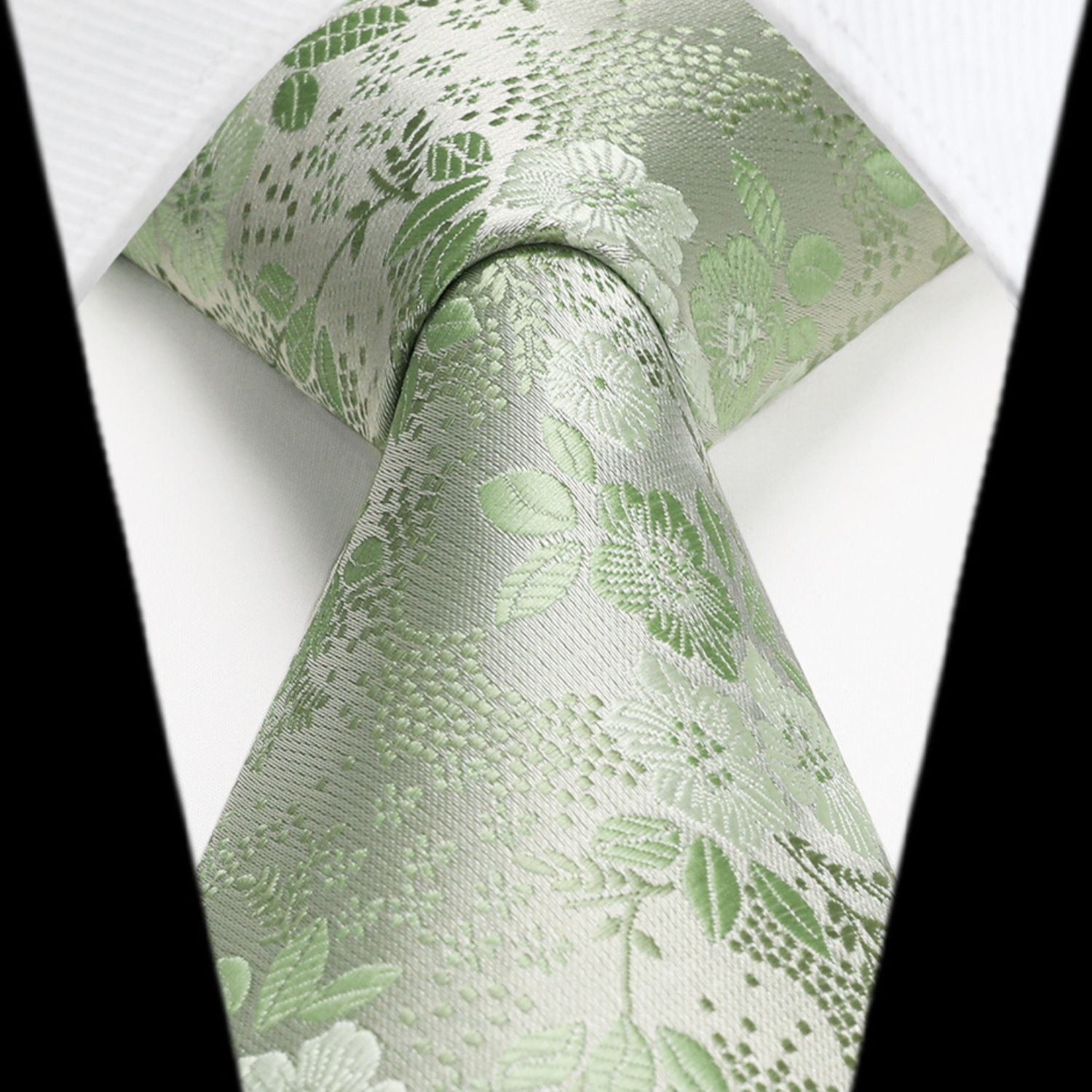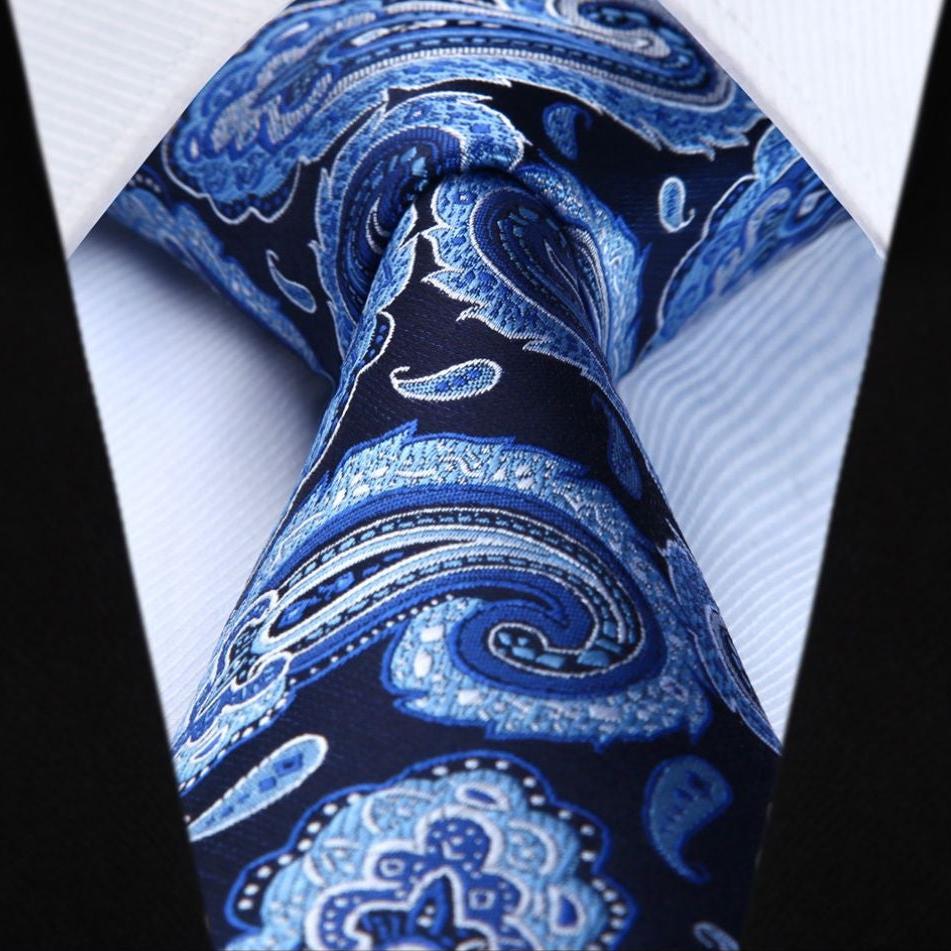What Is Emotional Flooding?

Understand the concept of "emotional flooding" and how it affects your relationship
You are arguing with your partner and have a strong desire to leave and go somewhere else.
You quiet down. Your partner talks faster, and louder, and becomes more restless. You start to walk away. They start yelling at you.
On the surface, this might seem like a pair of opposite but equally immature reactions. But in this situation, both parties may experience an emotional overflow, and this state of overwhelm may cause you to shut down or lash out.
So what exactly is emotional flooding? To better understand this concept, AskMen spoke with several therapists. This is what they said:
What Is Emotional Flooding?
According to Choice Therapy, emotional flooding is "the body's response to excessive physiological arousal in response to physical and emotional sensations."
"You can get stuck in a state of hyperarousal or hyperarousal," says Michelle Garraway, a registered social worker and psychotherapist and founder of The Relationship Agency.
This means that your nervous system has detected a threat - even if there is no actual threat to your safety, the perceived threat is enough - and it will either heighten your body's response or cause you to cease activity.
If you are overly excited, your heart rate may increase. You may start breathing a little faster. Your muscles may become tense. Your mind may start racing. You may feel sluggish due to a lack of arousal. Your mind may go blank. You may begin to feel alienated and isolated.
Philip Monte Verde, LMSW, notes: “One telltale sign of emotional overflow is feeling disconnected from direct physical experience.”
Causes Of Overflowing Emotions
Wondering what causes emotional overflow?
"Anything that triggers core attachment wounds. These are often feelings of being criticized or blamed, feeling ashamed or feeling like you're not good enough, or insecurities about abandonment, and being suffocated by too much intimacy," Garraway said.
For example, your partner may come to you with concerns. If you grew up with a critical parent, this might be enough to trigger a flood of emotions. Or let’s say you have an ex who is very needy and controlling. It was a toxic relationship and left some scars.
Your new partner is not needy or controlling. But when they nonchalantly ask you when you’re coming home, you find yourself getting emotional. It reminds you of the old feeling of being suffocated in a relationship, which your body interprets as a threat.
"Common triggers of emotional flooding are situations we previously considered stressful," Monteverde says. "If the argument we have with our partner is similar to previous arguments, our frustration increases and we have a feeling of 'here we do it again.'"
“That feeling of ‘here we go again’ makes us feel trapped,” he added. "Because if we've felt that way before and feel that way again now, the anxious part of our brain will think we're going to continue to feel that way."
It’s also important to consider the biological implications of emotional flooding. It doesn't just exist in your head.
"When we are emotionally aroused, chemical messengers like hormones and adrenaline shoot through our minds and bodies," Monteverde adds.
How Emotional Flooding Affects Your Relationship
When emotions run rampant and go unchecked, they can lead us to say or do things we regret and hurt each other. Over time, it can erode trust and breed resentment.
“Think of having an emotional overflow as being drunk,” Monteverde says. "If you're under the influence, it's best not to drive or make big decisions. When drunk, we're not our best selves. But when the alcohol wears off, we're able to think normally again. So do these hormones."
"Once you're submerged, it means your body has shifted resources to a new state of arousal," Garraway points out. “That means you don’t have the resources you need for critical thinking, logic, and problem-solving.”
In other words, being emotionally charged may exacerbate conflict and prevent you from solving the problem.
Gallaway adds that it's common for men to eventually become closed off -- and their partners interpret this as uncaring or uninterested.
"It felt like an act of defiance rather than an inability to handle it," she explains.
Tips For Coping With Emotional Overflow
If you recognize yourself in this situation, don't worry. Emotional overflowing is common. But it's also manageable. As Garraway says, “Emotional regulation is a skill that can be developed with practice.”
Start with awareness. What does flooding feel like to you? What triggers you? What are some signs that you are starting to get overwhelmed? It may be helpful to involve your partner in this process.
"Strong couples are good at noticing that their partner is about to get into trouble and jumping in to calm them down so they can work together to resolve the issue in a regulated state," Gallaway says. "Learn how to get back into custody, and What the partner needs to do. And then make it part of your job to be a co-regulator, a comforter, so that both of you are taken care of."
If you find yourself feeling agitated and unable to steady yourself, tell your partner what's going on and ask for a break. Reassure your partner that you will reconsider the transition later and remove yourself from the situation until you calm down.
"Having these conversations while hormones are 'awake' can set the stage for better debates in the future," Monteverde said.
The next time you fight, Monteverde suggests saying something like this:
"Hey, I think we're having a lot of emotions right now. I don't want to lose touch with you, so for the health of our relationship, let's give each other some space."
Through awareness and communication, emotional overflow can become an opportunity for growth. When you and your partner become aware of each other's triggers and learn how to fight them in healthier ways, it can even strengthen your bond.






























